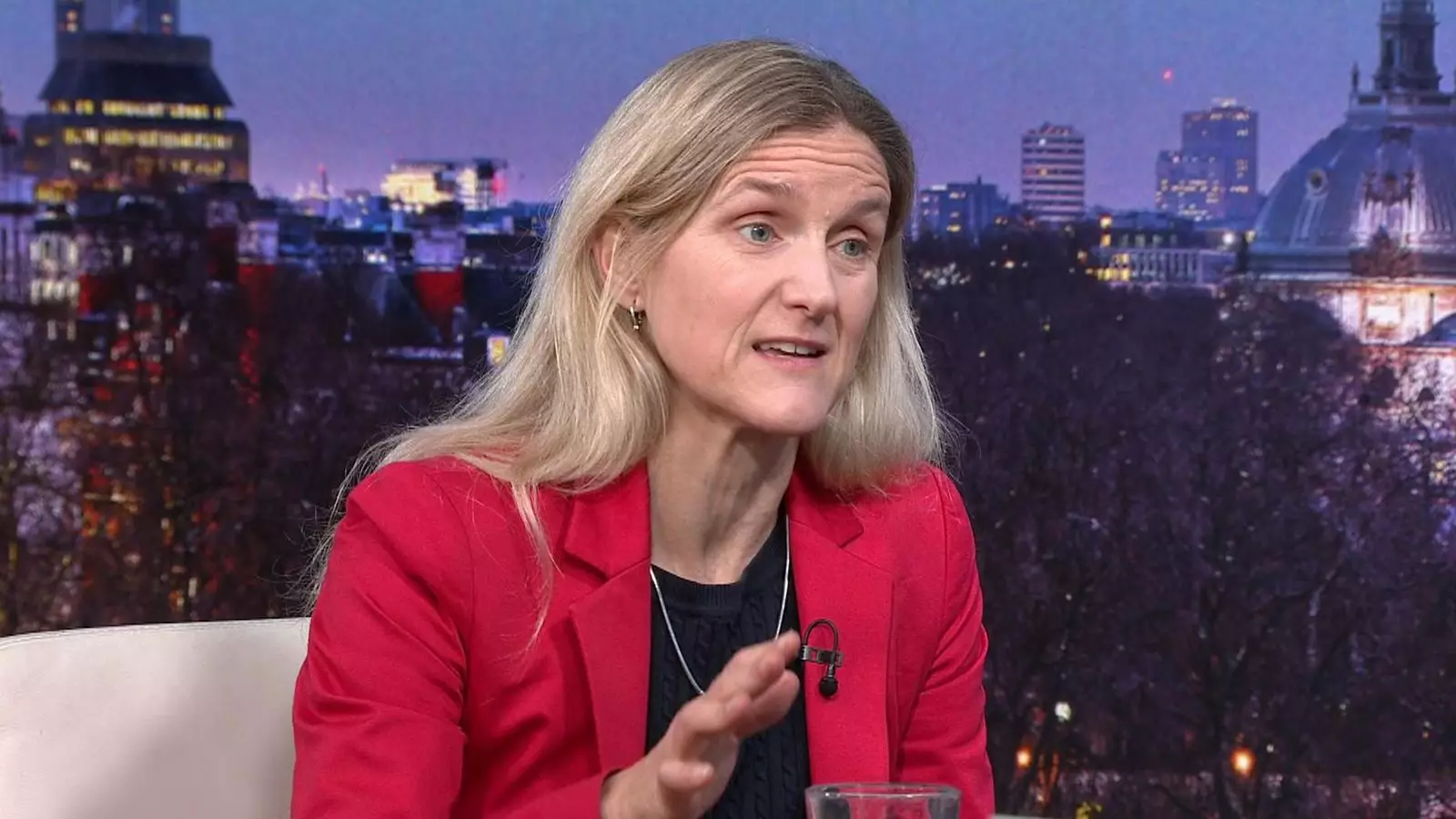The legal landscape surrounding assisted dying is evolving, and significant changes are being proposed in the UK by Labour MP Kim Leadbeater. Her recent amendments to the Terminally Ill Adults (End of Life) Bill abandon the earlier requirement for a High Court judge to approve every assisted dying case. Instead, the proposal suggests a multi-disciplinary panel composed of various experts, including former High Court judges and professionals with legal expertise, who would review and grant permission for such requests. This shift represents a critical intersection of morality, legal responsibility, and medical ethics, prompting debates within Parliamentary corridors and beyond.
The newly suggested three-member decision-making panels would consist of a chair—preferably a retired High Court judge or King’s Counsel—and two other professionals from diverse fields, such as medical, mental health, and social work. This structure aims to leverage a range of expertise rather than relying solely on judicial powers. Ms. Leadbeater refers to this method as a “judge plus” system, theoretically enhancing safeguards against potential coercion. While the multi-disciplinary approach intends to increase scrutiny, the effectiveness of this model remains under critical examination.
Critics of the proposal articulate concerns that the safeguards may be insufficient, arguing that the involvement of a High Court judge adds an essential layer of protection. For instance, Conservative MP Danny Kruger has categorically labeled the shift as “a disgrace,” suggesting that the removal of obligatory judicial oversight could compromise the integrity of the process. In essence, the debate extends beyond mere procedural shifts to fundamental questions about autonomy, safeguarding vulnerable individuals, and ethical medical practices.
Responses from various political figures reflect a polarized stance on Leadbeater’s amendments. Labour MP Diane Abbott has described the bill as “rushed, badly thought out legislation” needing to be consigned to legislative oblivion. Similarly, former Liberal Democrat leader Tim Farron expressed skepticism, arguing that the original, albeit weak, safeguards were being stripped away. This political discord illustrates how deeply contentious the assisted dying debate remains, revealing fissures within and between political parties regarding fundamental ethical principles.
Leadbeater frames her amendments as a response to the accumulation of evidence and expert testimony gathered in prior discussions surrounding the bill. She argues for a multidisciplinary approach, asserting that the support from specialists such as psychiatrists can further enhance the bill’s integrity and the individuals’ autonomy when choosing assisted dying. Advocates for assisted dying argue from a position emphasizing personal liberty, asserting that terminally ill individuals should have the right to choose a dignified end when faced with prolonged suffering. This perspective emphasizes respect for personal choice and autonomy that often remains underrepresented in legislative discourse.
However, groups like the learning disability charity Mencap caution about the potential risks surrounding the normalization of assisted dying discussions. They argue that procedural changes might unintentionally lead to individuals feeling pressured towards choosing death, a concern that calls for significant attention and ethical reflection during any legislative process.
As parliamentary discussions commence about the proposed changes to assisted dying legislation, the importance of a thorough examination of ethical implications cannot be overstated. While proponents argue for the advancement of patient autonomy through multi-disciplinary oversight, critics caution against the erosion of judicial safeguards. The complexities inherent in making legislations regarding assisted dying require a careful balance between empowerment and protection, ensuring that vulnerable individuals are shielded while simultaneously being afforded their rights.
Ultimately, whether the proposed system can effectively serve the nuances of this sensitive issue remains to be seen. The path forward lies not only in legislative approval but also in a collective societal understanding of what it means to honor both life and the profound choices that accompany end-of-life decisions.


Leave a Reply